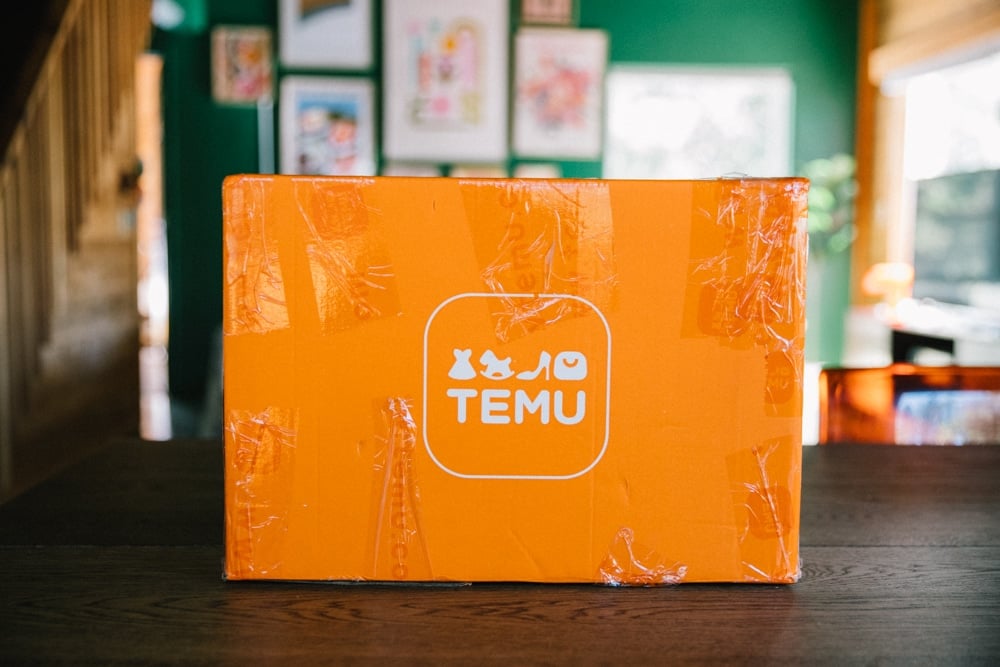In the fast-paced arena of e-commerce, a new contender has emerged to challenge the dominance of the colossal Shein. Shein recently reported record-breaking profits in the first half of 2023, attributing much of this success to its stronghold in the US market. However, a formidable opponent, Temu, is swiftly gaining ground and threatening to redefine the landscape.
Shein’s ascent has been propelled by its aggressive pricing strategies and targeted campaigns tailored to Gen Z, a demographic that fervently shares their Shein hauls on social media platforms, notably TikTok. In a memo to investors, Shein’s executive vice chairman, Donald Tang, proudly declared, “Our continued momentum in the US reinforces our leading position in the market.”
Yet, the battle for e-commerce supremacy has taken a legal turn. Last month, Temu launched an antitrust lawsuit against Shein in the US, alleging coercive tactics with suppliers, leading Temu to remove thousands of products from its platform. In a retaliatory move, Shein sued Temu in March for copyright and trademark infringement, further escalating the conflict.
Temu, a relative newcomer launched in September 2022, is not merely playing catch-up; it’s redefining the game. Despite being less than a year old, Temu has claimed the top spot in the free shopping app category on both Apple’s App Store and Google’s Play Store, surpassing industry giants like Amazon and outpacing Shein.
A unique facet of Temu’s strategy is evident in its dominating presence in search results. A simple fashion-related Google search floods the ‘shopping’ tab with links to Temu’s products, indicating a strategic SEO investment that seems to outshine its competitors.
As the rivalry intensifies, the e-commerce community watches with bated breath, eager to see if Temu’s meteoric rise will indeed reshape the narrative of fast fashion dominance.










